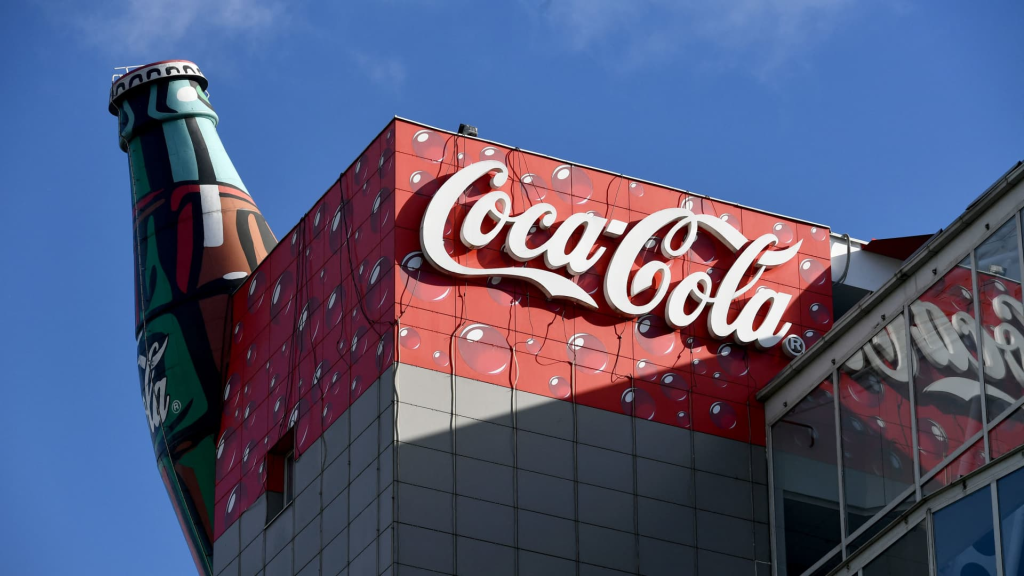The Coca-Cola Company KO stock has rolled down 9.8% in the past month, underperforming the broader industry’s 6.3% decline. With this decline, KO shares have underperformed the broader Consumer Staples sector’s dip of 3.8% and the S&P 500’s rally of 2.7% in the same period.
Coca-Cola’s stock performance also shows a notable decline from its close competitors, including PepsiCo Inc. PEP and Keurig Dr Pepper KDP, which have lost 6.7% and 9.4%, respectively, in the past month. It also reflects a significant underperformance against Monster Beverage’s MNST rally of 7.9% in the same period. At the current price of $63.36, the KO stock trades at a 13.8% discount to its 52-week high of $73.53. The current stock price reflects an 11.7% premium from its 52-week low mark. KO trades below its 50 and 200-day moving averages, indicating a bearish sentiment.
What’s Hindering Coca-Cola’s Stock Performance?
Coca-Cola’s one-month graph shows a steady decline, with most of the deterioration originating after it reported third-quarter 2024 results on Oct. 23, 2024. This reflects decreased investor confidence following its third-quarter results, which signals a revenue slowdown.
Despite exceeding the Zacks Consensus Estimate for earnings and revenues, the company reported a 1% year-over-year revenue drop. This was led by volume declines across most operating segments, as gains from improved pricing were offset by reduced concentrate sales and unfavorable currency rates.
Coca-Cola witnessed soft volume trends in third-quarter 2024, with unit case volume moving down 1% and concentrate sales volume declining 2%. Concentrate sales volume trailed unit volume by one percentage point due to the timing of shipments. Unit volume was impacted by a slow start in July, with additional declines in China, Mexico and Türkiye.
By category, the unit case volumes for sparkling soft drinks and trademark Coca-Cola were flat year over year, supported by growth in Latin America, North America and the Asia Pacific but offset by a decline in EMEA. Unit volumes for juice, value-added dairy and plant-based beverages saw a 3% drop, led by declines in Minute Maid Pulpy in the Asia Pacific and Mazoe in Africa. Unit volumes for the water, sports, coffee and tea segment fell 4% year over year in the third quarter.



